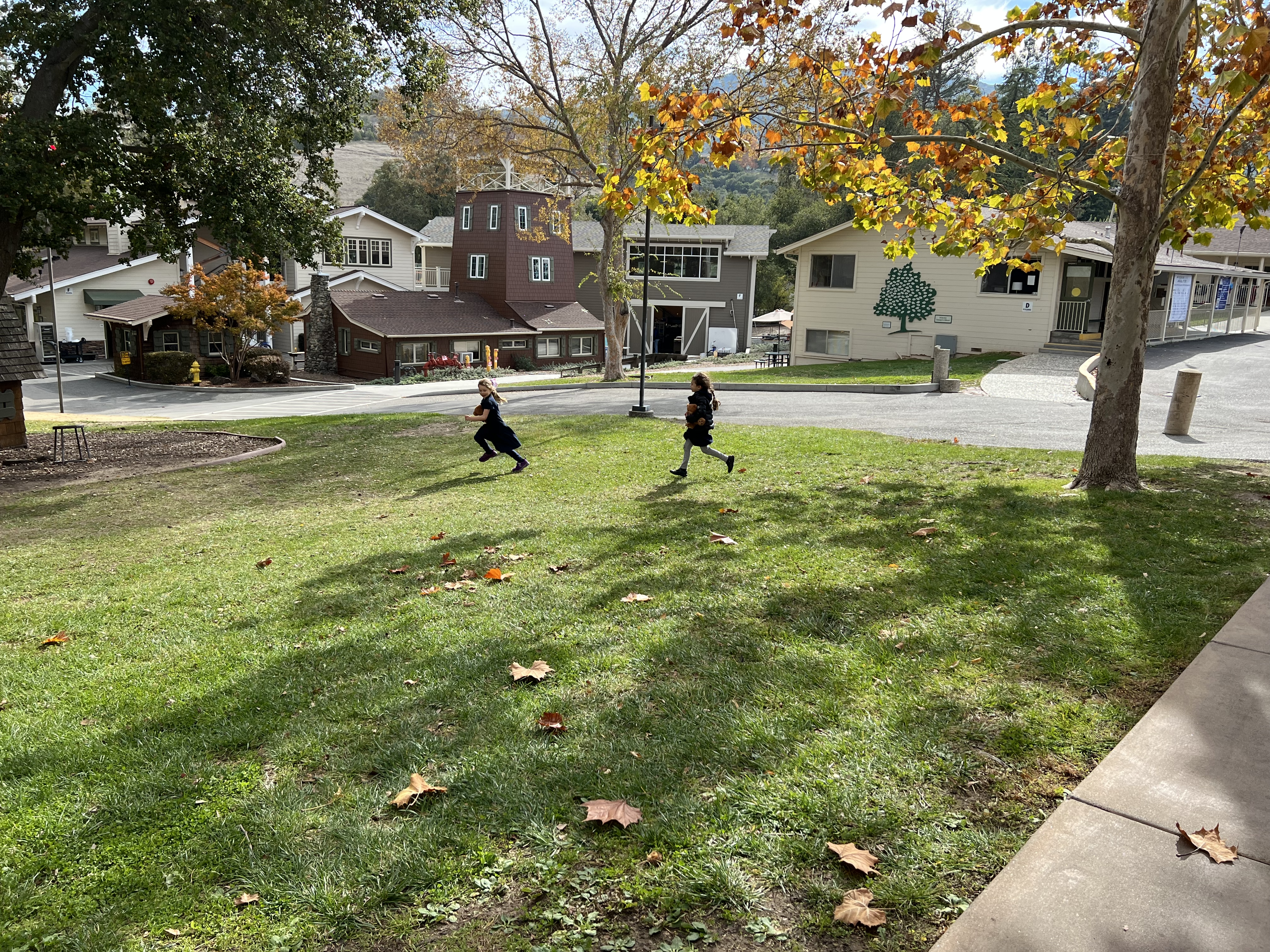By Annie Makela, Director of The Scott Center for Social Entrepreneurship at Hillbrook School
When despair for the world grows in me
and I wake in the night at the least sound
in fear of what my life and my children’s lives may be,
I go and lie down where the wood drake
rests in his beauty on the water, and the great heron feeds.
I come into the peace of wild things
who do not tax their lives with forethought
of grief. I come into the presence of still water.
And I feel above me the day-blind stars
waiting with their light. For a time
I rest in the grace of the world, and am free.
‘The Peace of Wild Things’, Wendell Berry
The most profound learning throughout the Reach Beyond Week for me was the role pace played in our week. As someone who has moved fairly fluidly between K-12 schools, colleges and start-up companies, I still find myself asking constantly: how do I prioritize time people while still finding peace in chaos and the peace is uncertainty. As part of Reach beyond Week, I co-designed and co-lead the experience What We Wear which looked at the way in which fashion and shopping choices can have a positive impact on people and our planet. We covered 875.5 miles (thanks to 8th grade student Jaden S. for that calculation). As Jaden tracked the different travel, I was struck by something. School days for children are rhythmic and built on routine. This structure is important and meaningful and I personally love it. And Reach Beyond Week was an opportunity to crack open this routine and connect with students in a different way, at a different pace, and in unique places that wouldn’t traditionally be defined as classrooms. We watched in awe as a student spent over an hour with a Patagonia employee recording her conversation through a series of sketches. The questions that launched this inquiry: “What matters to you? Why do you love working at a place like Patagonia?” People are eager to answer this question and the pace of our week set us up as learners and connectors to ask this question everywhere we went. Some students recorded the answers to these questions with a GoPro, others with a pencils and pens, some students used it as a launchpad to explore their own thinking and answer to this question.
There were moments throughout the week when we had to speed up our day to meet the schedule of the business world, there were moments when we had to slow it down to take care of our bodies, moments when boredom felt itchy but reminded us oceanside, surf communities are much more in tune with the clock of nature than with technology. It took us out of our comfort zone of knowing we could get to San Francisco 35 minutes faster if we drove, but that riding a train meant we never hit traffic and that we could sit across from one another and play Settlers of Catan or sketch to pass the time. One student even pointed out that we didn’t have to look for parking or stop to buy gas if we took the train. This tension between the pace of life in urban and rural communities reminded me of the Richard Scarry stories I used to read before bed every night as a child. People are busy, people are working hard, people care about their impact in the world. And yet fast pace does not always mean fast impact. As children and adults immersed in Silicon Valley’s often frenetic pace, Reach Beyond Week pushed us to rethink how we use time.
The flexibility of both place and space during Reach Beyond Week allowed us to literally hit the brakes for a hot chocolate when we arrived in San Francisco to a downpour. It allowed us to jog together to catch an earlier train. To go to a shop at the requested time so we could interview the owner. To find the nooks and crannies of WeWork to spend hours uninterrupted to create prototypes and presentations. The pace of the week was not consistent. Monday felt very different from Tuesday, and Friday we stayed in the same place all day. The pace of the week allowed us to climb and swing and sing. To relish in the time to draw… and to teach a new friend a few sketching techniques. We found peace in our pace and meaning in our connection to lives different from our own. For me what became obvious by the end of the week is having space from our routines in places that matter deeply to us sets the pace for impactful learning.
